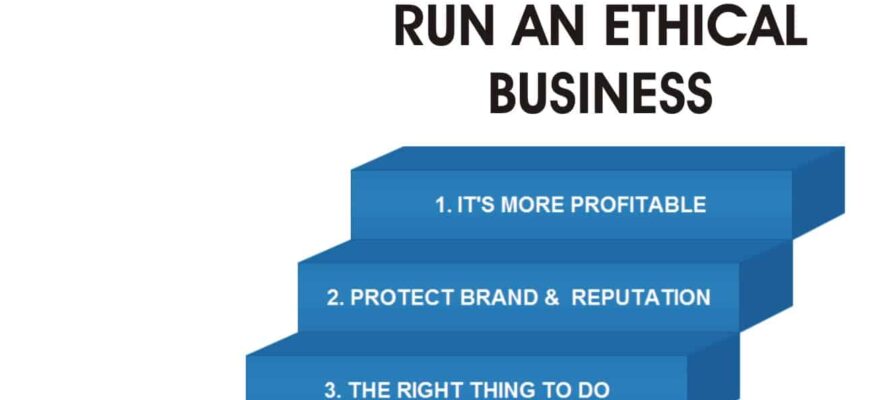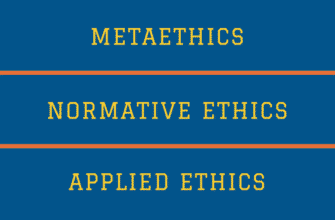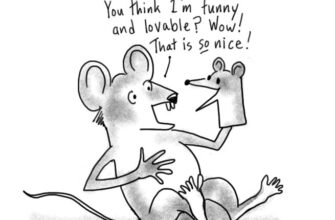A few weeks ago, I wrote about the perceived trustworthiness associated with expressing moral outrage. Since then, I’ve found myself on the receiving end as people strongly disagree with the idea that taking action is more likely to damage your reputation than just talking about it. Rationally, I don’t disagree; empirically, I have another study that focuses on the “moral” aspects of voicing moral outrage.
In the above-mentioned research published in Nature, people tend to identify morally-focused orators as being more moral. It makes sense. After all, shouldn’t people who obsess about fairness, justice, and integrity behave with an increased demonstration of fairness, justice, and integrity? Not necessarily.
A study in Philosophical Psychology has found that Ethicists, those who specialize in teaching and researching ethics, do not appear to embrace more ethical behaviors. They do not give a greater percentage of their income to charity, donate blood more frequently, have a greater likelihood of being an organ donor, call their mother more often, etc.
Unfortunately, this does not surprise me. Maybe I’m jaded from too much Presidential election coverage where inspiration has long been superseded by divisiveness and mud slinging. Or maybe it’s a result of the aftereffects stemming from the new season of House of Cards. Either way, the good news from the research is that while Ethicists do not act more ethically, they don’t seem to behave worse either. In fact, they behave just like everyone else.
I can accept that Ethicists are mere mortals; however, the section of the paper I found alarming concerned their unconcealed hypocrisy. Those Ethicists who were surveyed agreed that the main purpose of studying ethics was self-improvement AND most accepted that philosophers should be judged by their actions as much as by their words. Yet they had no problem admitting that their ethically-centric words have little impact on their actions.
I can ask why someone would bother dedicating their professional life to a topic while so blatantly disregarding the subject matter being studied, or I can accept that what people know to be true is not always congruent with how they behave—cardiologists smoke cigarettes, personal trainers eat junk food, etc. This does not make it okay, it just means I understand.
I am not a professional Ethicist. Instead, I aspire to consistently perform as though I’m on the professional circuit of ethical behavior. “Do as I say, not as I do” runs counter to how we should lead, parent, and participate in society. Study ethics, talk to others about it, and then follow your own advice. It’ll make you a more effective role model and will leave a lower body count than Frank and Claire Underwood’s flimsy house of cards.









